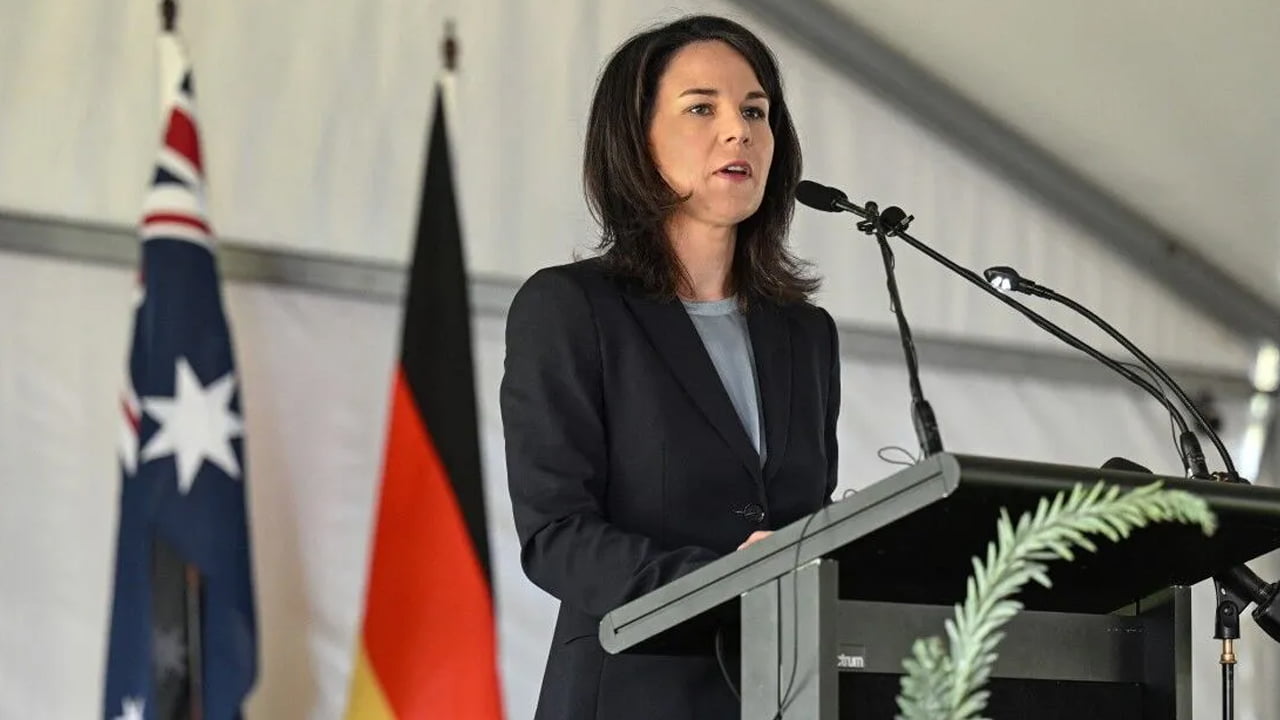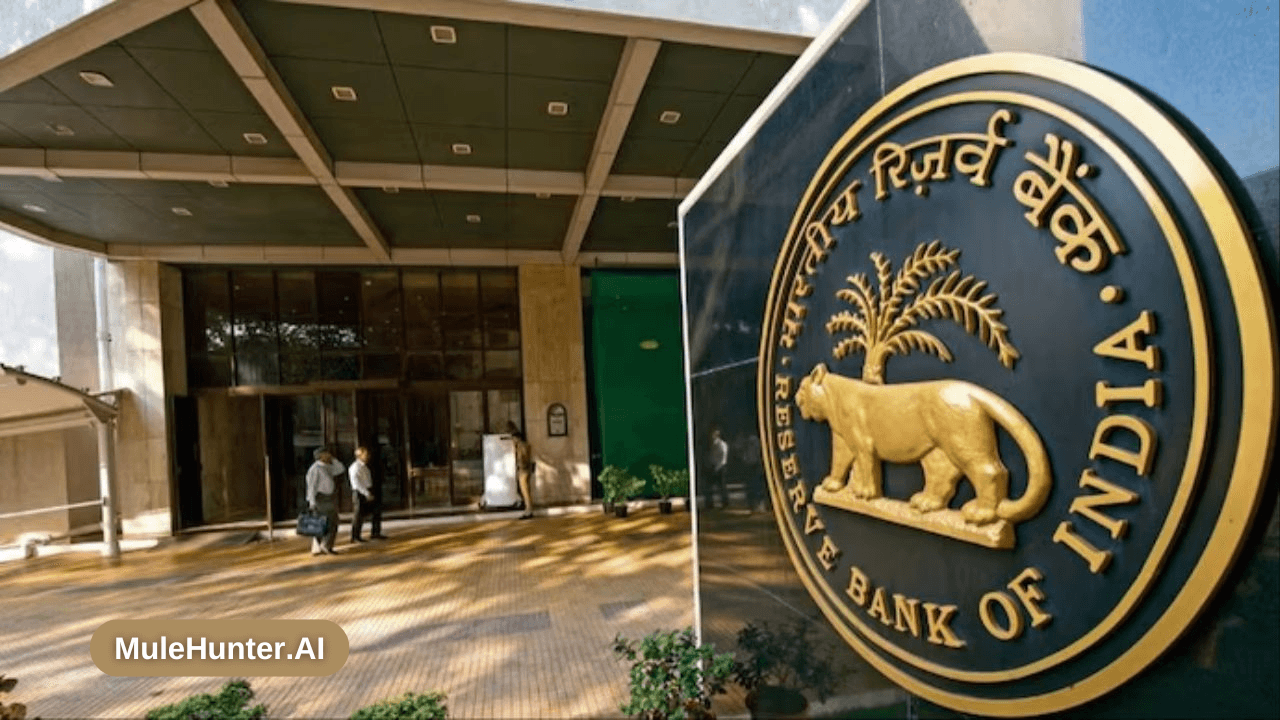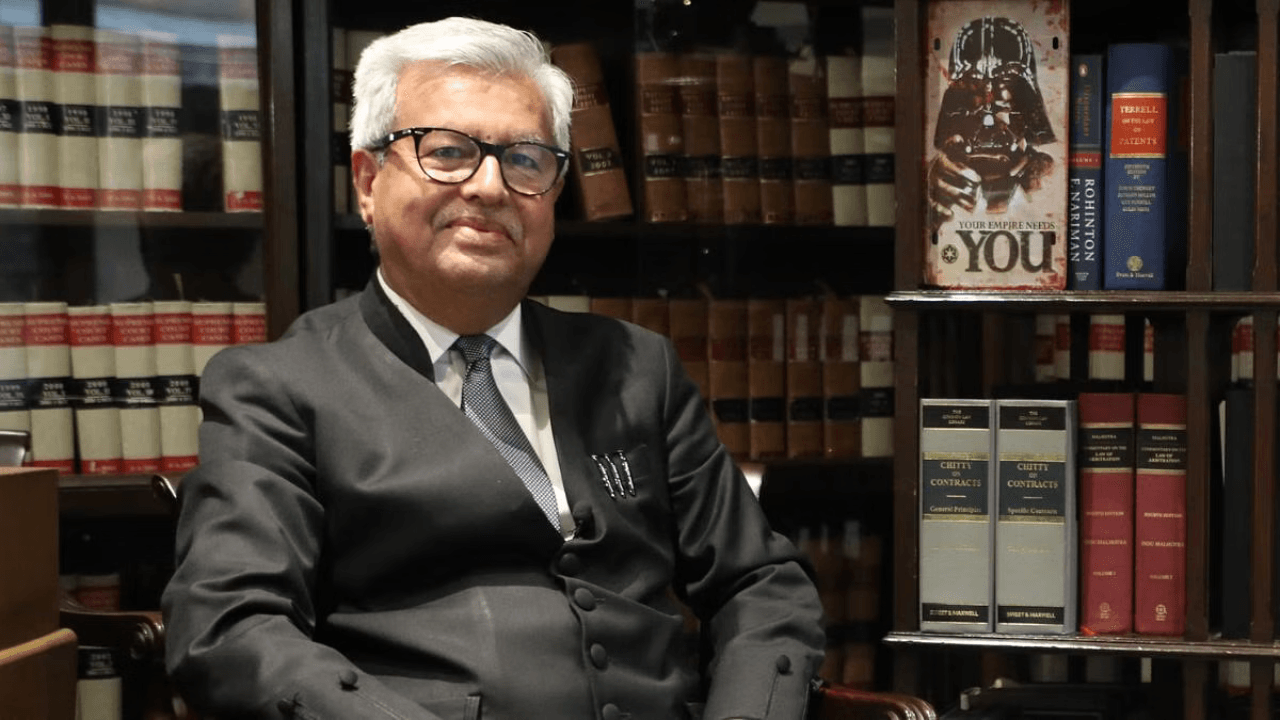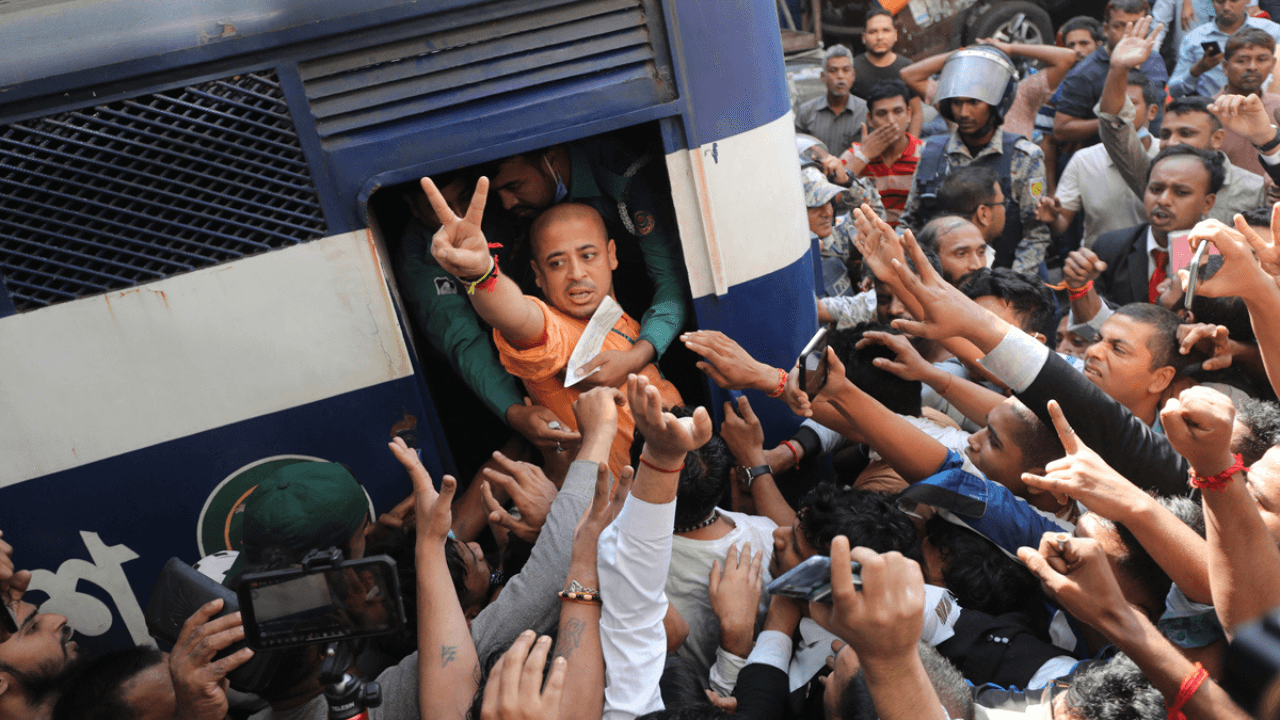Germany has officially accused Russia of conducting a state-sponsored cyberattack targeting the Social Democratic Party (SPD), a key member of the country’s ruling coalition. German Foreign Minister Annalena Baerbock, confirmed at a press conference that an investigation had attributed the 2023 cyberattack directly to APT28, a group linked to Russia’s military intelligence service, the GRU.
Details of the Attack
The cyberattack exploited a vulnerability in Microsoft Outlook and primarily targeted the SPD. Subsequent attacks affected various sectors within Germany, including defense, aerospace, and information technology. These incidents also involved strategic targets related to Russia’s ongoing conflict with Ukraine, emphasizing the broad scope and potentially grave implications of cyber espionage.
International Reaction
During her statements, Baerbock highlighted the serious threat these actions pose to European security and peace. The European Union and NATO have also condemned the attacks, with NATO stating that APT28 targeted multiple member countries, disrupting governmental and critical infrastructure operations across the alliance. This unified response underscores the severity of the threat and the collective resolve to counter such cyber activities.
Russia’s Denial
Despite the accusations and supporting evidence presented by Germany and its allies, the Russian government has categorically denied involvement, dismissing the allegations as “unsubstantiated and groundless.” This denial comes amid a series of similar cyber incidents attributed to Russian state actors across Europe and beyond.
Broader Implications
The incident marks another point of contention in the increasingly strained relations between Russia and Western nations. With Germany taking a firm stance against its views as an intolerable breach of its sovereignty, the situation underscores the ongoing challenges in addressing state-sponsored cyber espionage and the necessity for robust international cybersecurity measures.
The German Federal Foreign Office has reacted by summoning the Russian acting charge d’affaires in Berlin, signalling a diplomatic move to address the issue formally. This step, combined with the potential for coordinated responses from NATO and EU members, indicates a readiness to employ stronger measures to deter and defend against cyber threats.
The international community will be watching closely. The outcome of this diplomatic confrontation could have significant implications for global cybersecurity policies and the geopolitical landscape.












